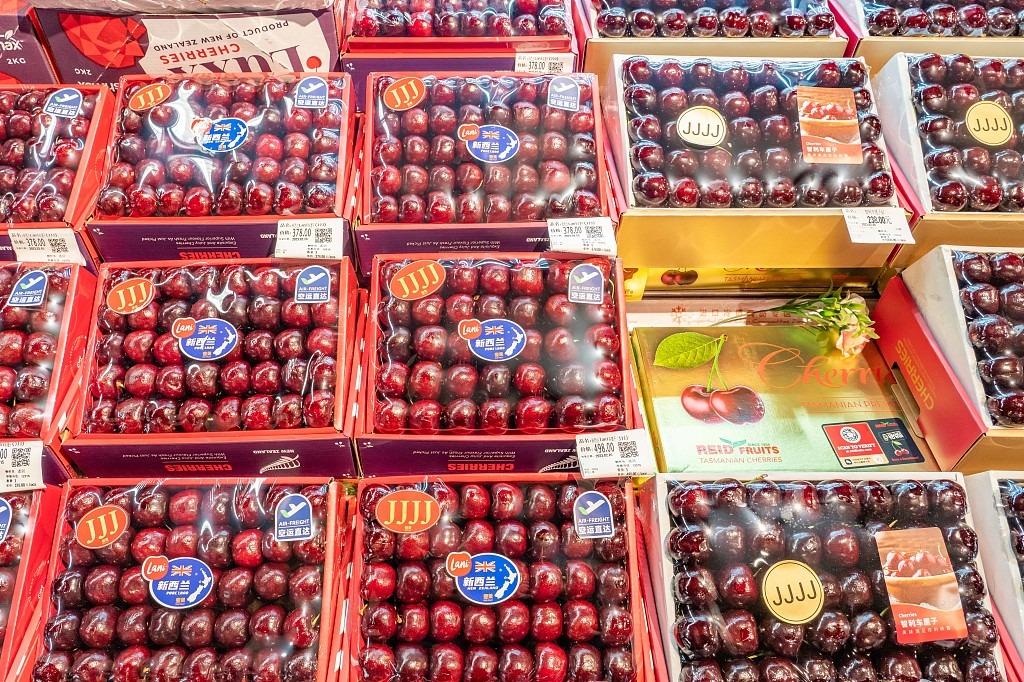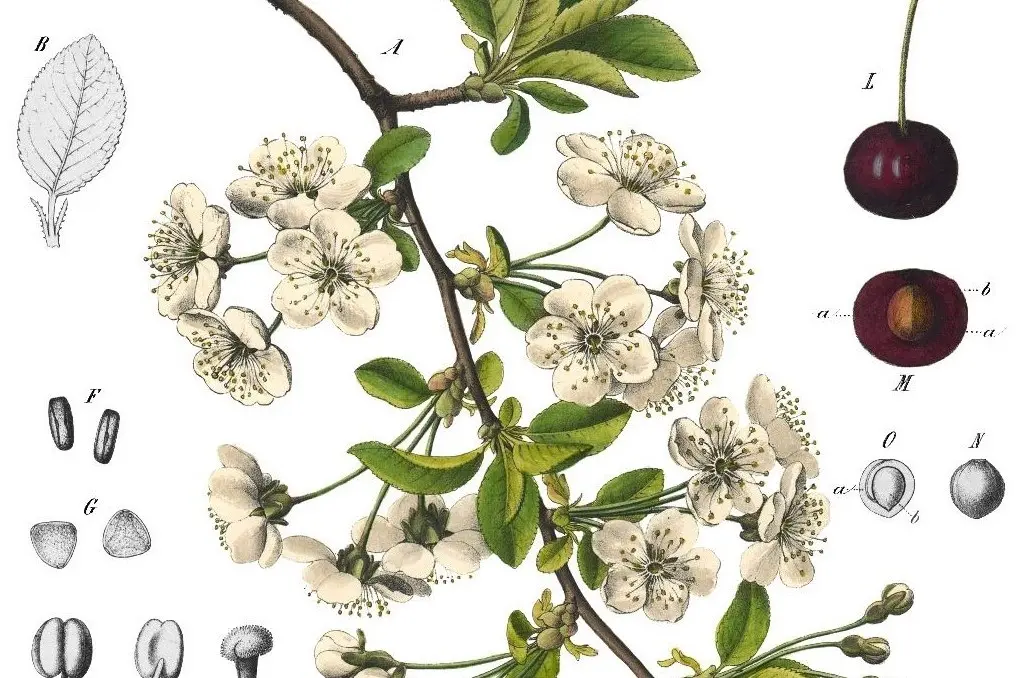With a turnover of over 60 million euro, Giacovelli srl is one of the leading producers and marketers of fruit and vegetables in Apulia (Italy). Its passion and specialisation make Giacovelli one of Italy's leading producers of cherries.
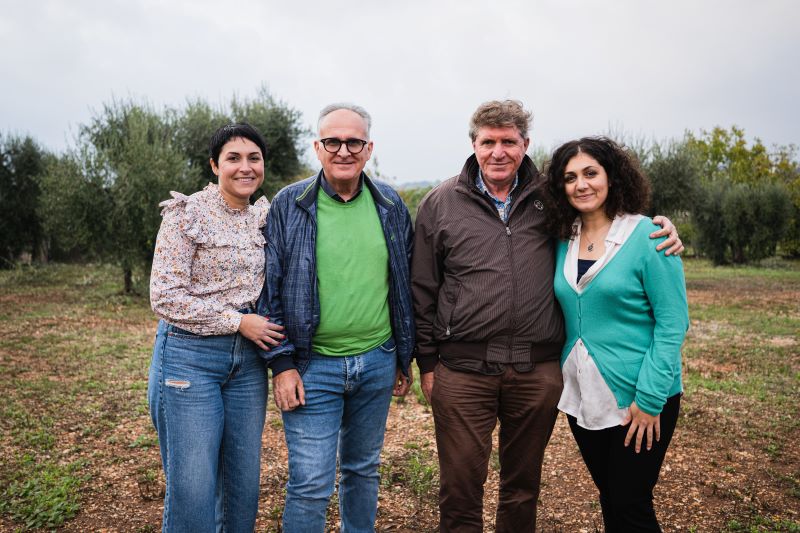
Ferrovia is still the most widespread variety in Puglia. In which direction is varietal innovation going in your region?
Varietal development in cherry growing is just around the corner. The market demands new varieties, crisper and more resistant fruits. The varieties Sweet, IFG, CEP Innovation and even some late varieties that are little considered by us but planted by our Greek and Spanish colleagues (e.g. Regina and Kordia) offer excellent tools to finally give value to the cherry industry.
Apulia needs to anticipate and lengthen the season in order to be able to offer consumers and markets quality Italian products for longer, and it needs to innovate the entire supply chain in a synergetic manner, involving even new-generation producers in premium projects.
Your company has been present on international markets for over 60 years and cherries are one of your specialities. What are the main demands made on you by the retail trade?
The demands of the Italian and foreign retail trade vary according to consumer preferences in the individual countries. Starting from the technical and standard parameters of the individual cultivars, retailers pay a lot of attention to colour, size and taste: while Belgians and Swiss prefer, for example, a colouring tending towards dark red, Germans tend to choose ruby red cherries depending on the region and different consumption habits.
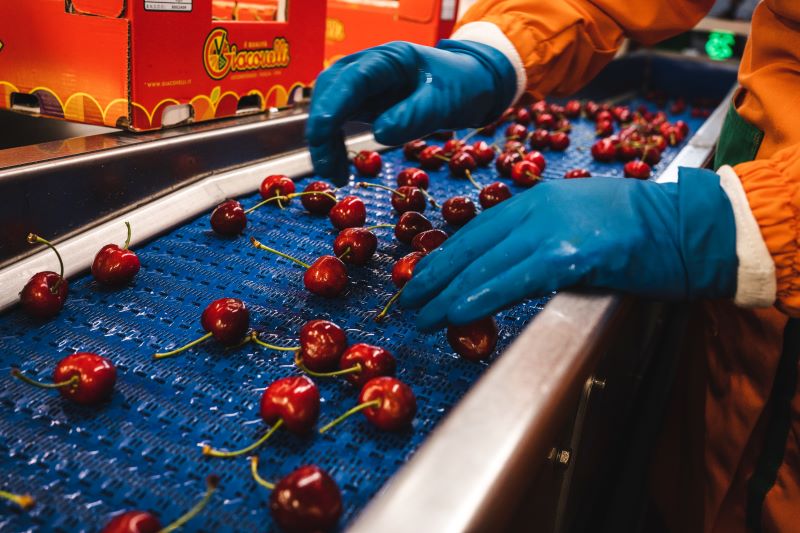
The subject of packaging for fruit and vegetables is very topical. What are your customers' demands in terms of packaging for cherries?
The cherry should be enjoyed as a snack and there is a wide choice of packaging, always in the sign of financial and environmental sustainability as well as of the product itself. In fact, in all cases and especially when designing new packaging, we conduct shelf life tests to test the effects of different materials on post-harvesting. We also tell our consumers how to enjoy and store the cherries. R-Pet and carton are currently the most suitable solutions.
What is missing to build a more effective supply chain?
We need a more proactive approach from the large-scale retail trade (buyers and category managers): visits to the field, learning about the various stages of production, and even educating those who work in the shops on the storage, branding and shelf positioning of the cherries. We need to intrigue and build consumer loyalty with omnichannel strategies, not only looking at size, but rather emphasising the taste of our fruit.
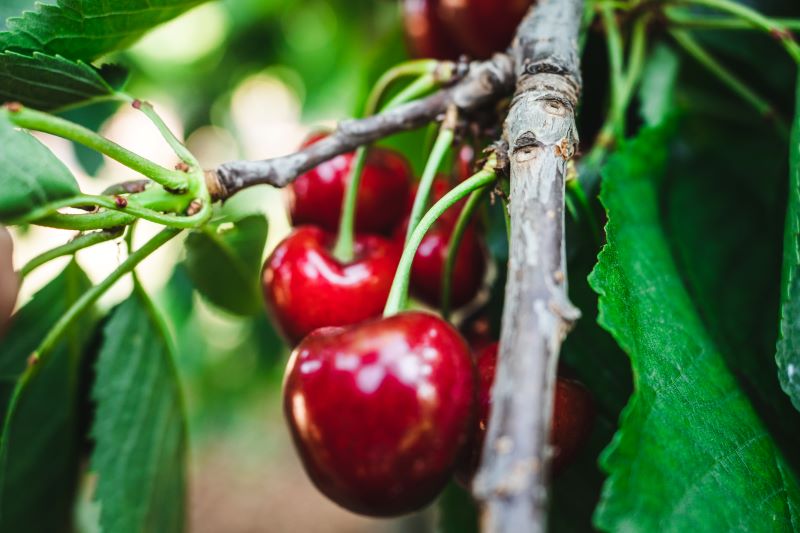
To offer a high quality product requires continuous attention, delicacy at every stage of production and post-harvest, selecting the best varieties, with careful management in the field together with our producer-partners, during the sorting and packing phase using the latest optical systems, and then communicating in a cheerful, simple and clear way to consumers how to taste and store the product
Precisely in this regard, last January we held two meetings in the core areas of cherry production, in Turi and Conversano: the resonance was so great that some partners have already grafted new cultivars. The Apulian agricultural landscape is rich, but very fragmented, and in our own small way we are trying to contribute both to innovation and to obtaining an excellent product, working on projects in different areas, as we already do for apricots and table grapes.
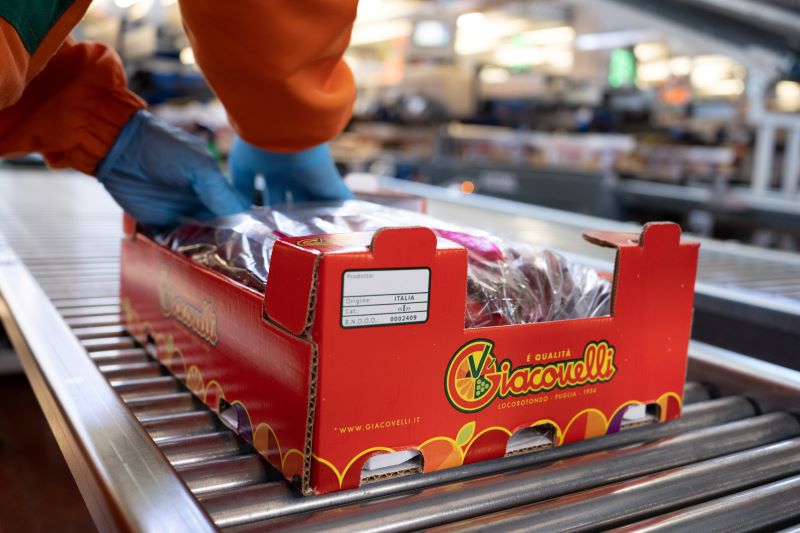
Zero residue and organic: what is the future?
Zero residue is very interesting: it will be the future and will bypass the organic sector, because it makes it possible to monitor and guarantee from the very beginning a correct and healthy product management, benefiting not only consumers (hence, less use of pesticides and harmful substances), but also producers. The latter for the strict organic protocols lose product nor is the market really attentive and recognises the economic value of this type of production as well. We are already working in this direction on table grapes and figs, and we would like to start conducting zero residue also some cherry varieties together with our partners.
As mentioned before, we need to find ways to add value to the cherry. In your opinion, is the PGI a valid path?
The path of the Vignola cherry on this issue and on branding is a striking example that should be emulated... For a long time now, attempts have been made in our area to create the IGP supply chain, with little success. Surely the Ciliegia d'Italia supply chain project can give a turning point to sales, consumption and above all the perception of this premium product abroad and in Italy. We must aspire to create a brand as strong and recognised as that of the Chilean cherry with ASOEX, investing in new varieties, sustainable farming methods and a lot of communication internally (between all the technical links in the chain, crossing the whole nation) and externally towards the consumer.
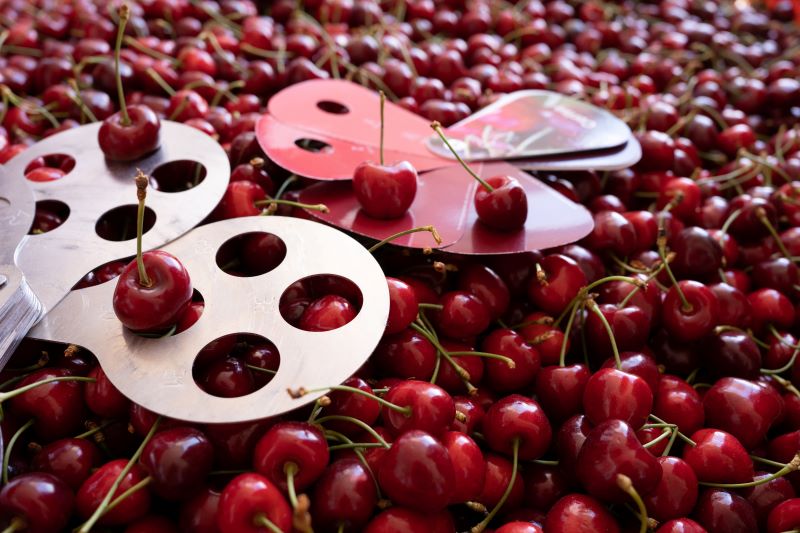
In conclusion, what are the prospects for Apulia cherries?
Apulia cherries have enormous potential, because the different soil and climate zones in the region make it possible to have the same product with slight differences in time and thus extend the seasonality. The foreign demand exists, but we need to invest in the field and in communication, because, especially on the late harvest, Greece and Turkey are still leading the way.
Contact Giacovelli
Web E-mail
Cherry Times - All rights reserved










